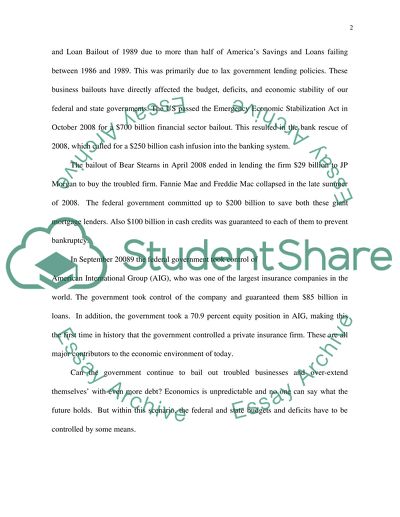Cite this document
(“Should United States governors balance their budgets by raising taxes, Research Paper”, n.d.)
Retrieved from https://studentshare.org/family-consumer-science/1420214-should-united-states-governors-balance-their
Retrieved from https://studentshare.org/family-consumer-science/1420214-should-united-states-governors-balance-their
(Should United States Governors Balance Their Budgets by Raising Taxes, Research Paper)
https://studentshare.org/family-consumer-science/1420214-should-united-states-governors-balance-their.
https://studentshare.org/family-consumer-science/1420214-should-united-states-governors-balance-their.
“Should United States Governors Balance Their Budgets by Raising Taxes, Research Paper”, n.d. https://studentshare.org/family-consumer-science/1420214-should-united-states-governors-balance-their.


